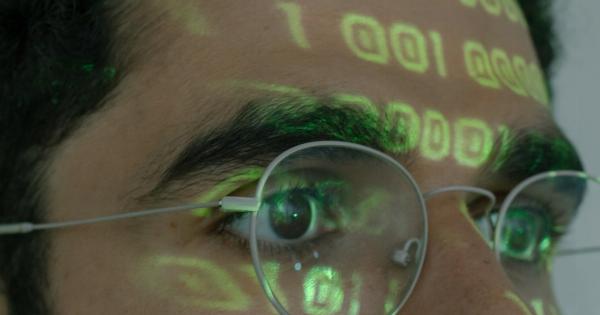Epilepsy is a neurological disorder that affects the brain and causes recurrent seizures. It is a chronic condition that affects people of different ages, races, and genders.
Epilepsy is characterized by a disruption of normal brain activity that leads to seizures, which can vary in intensity, duration, and frequency. Epilepsy can be a challenging condition to manage, but with proper treatment and care, people with epilepsy can lead a normal life. The key to managing epilepsy lies in seeking knowledge first.
Types of Epilepsy
There are different types of epilepsy that affect people in different ways. The most common types include:.
Idiopathic Epilepsy
This is a type of epilepsy that has no known cause. It is often referred to as genetic epilepsy because it tends to run in families.
Acquired Epilepsy
This type of epilepsy is caused by an injury or illness that damages the brain. It may be the result of a traumatic brain injury, a stroke, or a brain tumor.
Temporal Lobe Epilepsy
This type of epilepsy is characterized by seizures that originate in the temporal lobe of the brain, which is responsible for memory and emotions.
Absence Seizures
These seizures are characterized by a brief loss of consciousness, usually lasting only a few seconds. They are most common in children and may go undetected for a long time.
Diagnosis of Epilepsy
The diagnosis of epilepsy is usually made by a neurologist or an epileptologist. A neurological examination is performed, and a patient’s medical history is taken.
Diagnostic tests such as an electroencephalogram (EEG) and a magnetic resonance imaging (MRI) scan may be done to detect abnormal brain activity or structural abnormalities in the brain.
Treatment of Epilepsy
Treatment for epilepsy usually involves medication to control seizures. The type of medication prescribed depends on the type of epilepsy, the severity of the seizures, and the patient’s overall health.
In some cases, surgery may be recommended to remove the part of the brain responsible for seizures.
Other treatments for epilepsy include:.
Ketogenic Diet
The ketogenic diet is a high-fat, low-carbohydrate diet that has been shown to reduce seizures in some people with epilepsy.
Vagus Nerve Stimulation
This involves the use of an implantable device that delivers electrical impulses to the vagus nerve in the neck. This can help reduce the frequency and severity of seizures.
Deep Brain Stimulation
This involves the surgical implantation of electrodes in the brain. Electrical impulses are delivered to the brain to help reduce seizures.
Coping with Epilepsy
Living with epilepsy can be challenging, but there are things you can do to manage your condition:.
Seek Knowledge
One of the best ways to cope with epilepsy is to educate yourself about the condition. Learn about the different types of seizures and how to recognize them. Knowing what to do during a seizure can help you feel more in control and reduce your anxiety.
Avoid Triggers
Some people with epilepsy have specific triggers that can worsen their seizures. These triggers can vary from person to person, but may include flashing lights, sleep deprivation, stress, and certain medications.
Avoiding these triggers can help reduce the frequency and severity of your seizures.
Manage Your Medication
Take your medication as prescribed and at the same time each day. This can help keep your medication levels stable and reduce the risk of seizures. Talk to your doctor if you have any concerns about your medication.
Get Support
Living with epilepsy can be isolating, but there are support groups and resources available to help you. Joining a support group can help you connect with others who understand what you are going through and provide emotional support.
Take Care of Your Health
Epilepsy can affect your overall health, so it’s important to take care of yourself. Eat a healthy diet, get regular exercise, and get enough sleep.
Conclusion
Epilepsy is a challenging condition to manage, but with proper treatment and care, people with epilepsy can lead a normal life. The key to managing epilepsy lies in seeking knowledge first.
Educate yourself about the condition, take your medication as prescribed, and get the support you need to manage your epilepsy. By taking these steps, you can reduce the frequency and severity of your seizures and improve your overall quality of life.




























